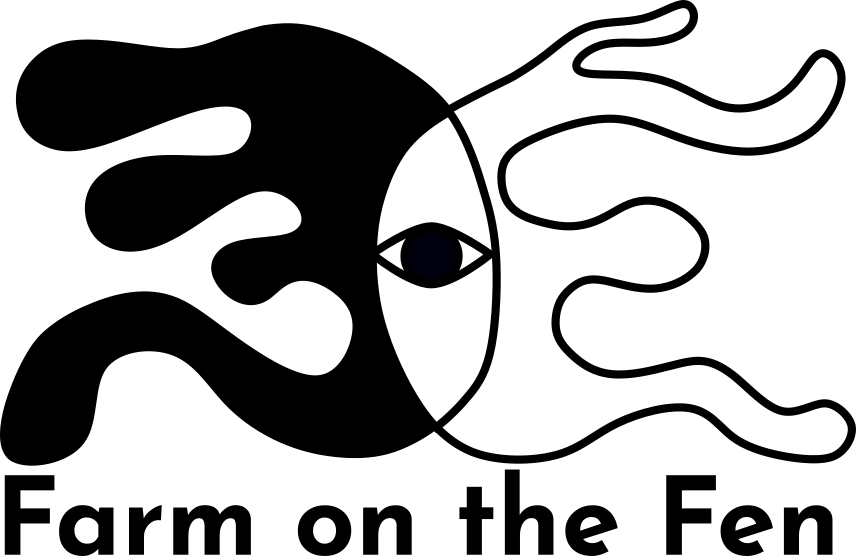Your cart is currently empty!
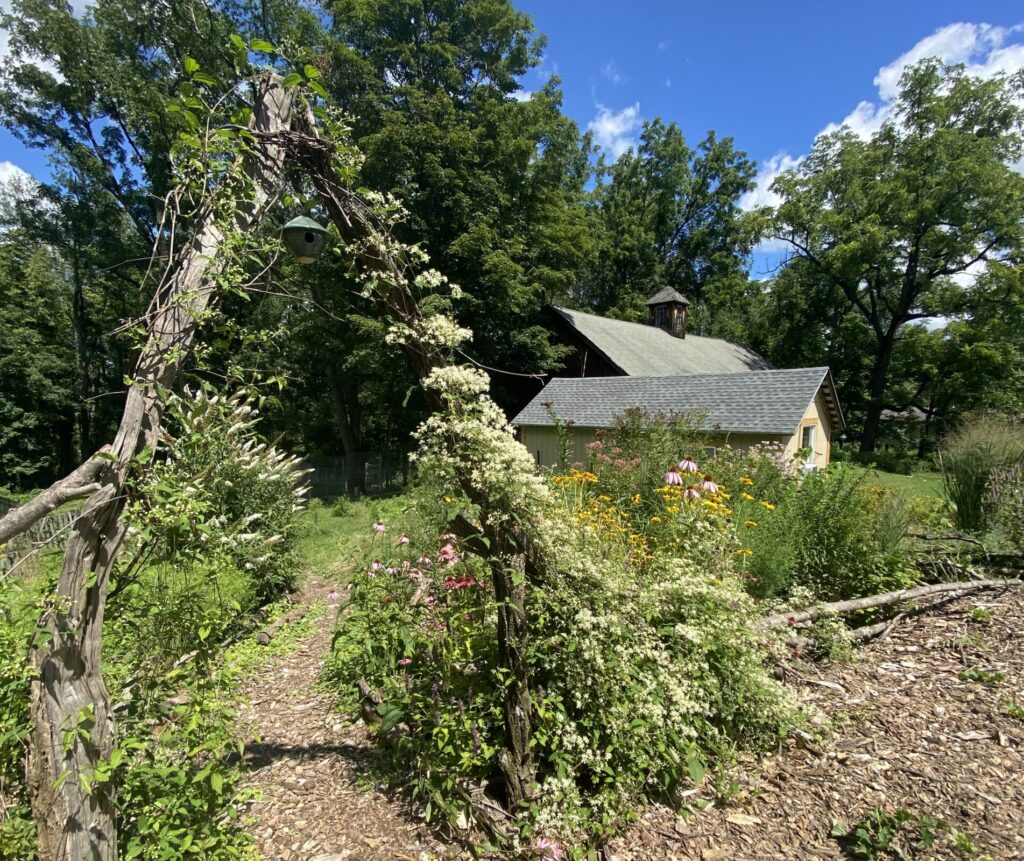
“Farmers farm for the love of farming. They love to watch and nurture the growth of plants.”
Wendell Berry
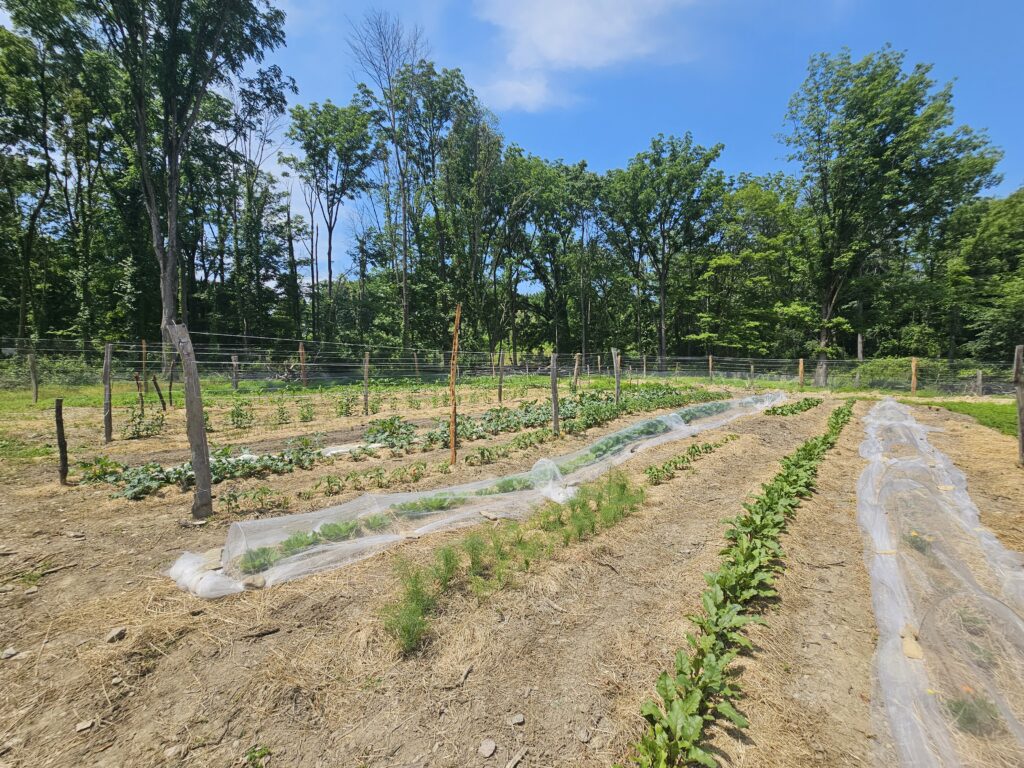
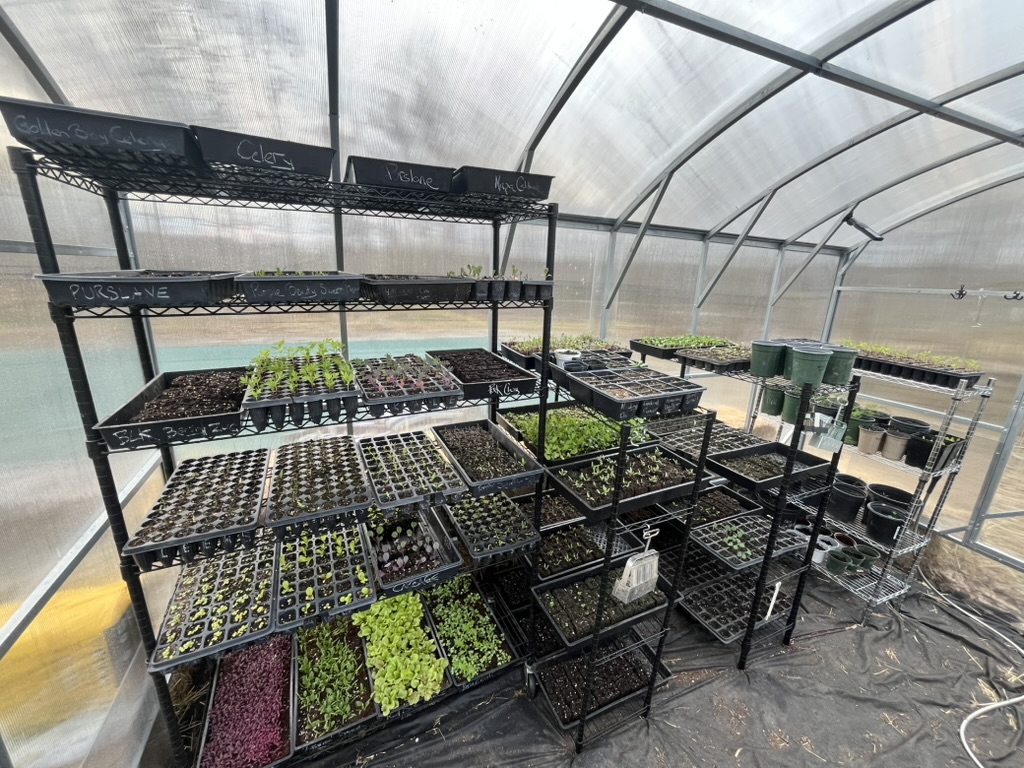
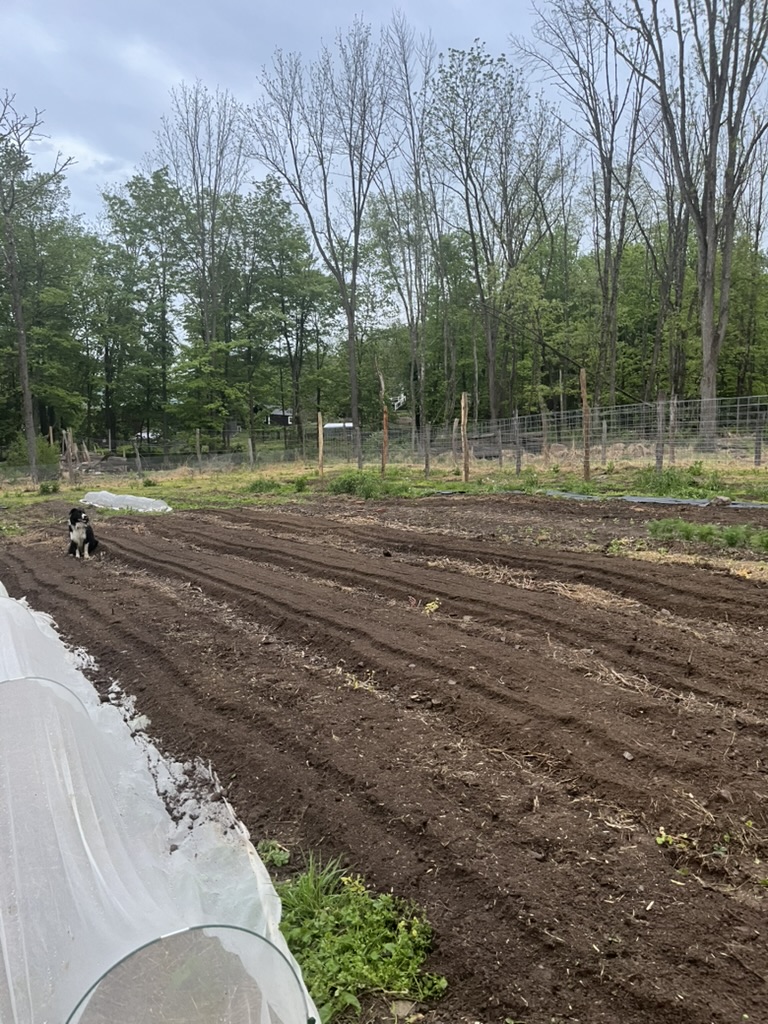
Regenerative? Sustainable? Agroforestry? No-till?
You may have heard some of these terms as a new generation of young people take to the fields. ‘Organic’ was once the trendiest phrase and was meant to clarify agricultural methods that focused on enhancing the vitality of the plants and soil organisms, usually in tandem with avoiding synthetic chemical applications.
Organic has more lately become a classification, a certification bestowed on products and methods that the USDA approves based on certain applications, inspections and limitations.
We like to think of agriculture now entering a post-organic phase because many people have found that the USDA’s regulations and certifying processes are exclusive, expensive, invasive and even somewhat untrustworthy. Many farmers believe that their methods are already chemical free and simply don’t want the cost or inconvenience of certification. We, like many others, also find that this commercialized version of ‘Organic’ is not nearly as beneficial for people or the planet as some original organic growers had intended.
Now we are seeing the rise of new terms like permaculture, regenerative, biodynamic, till-free and more. At their heart, most of these movements are about the same thing: responsible stewardship. They ask how we can feed ourselves without harming the Earth, especially with the latest science showing us just how destructive conventional farming practices have been.
And that’s where our farm came into existence. Our dream came about as a calling to do right by the Earth, while nourishing our family and friends. The chickens and dogs, our fertilizers, cover crops, forest management, and crop rotations, our foraging, craft projects and our community outreach efforts all support our mission here. When you visit you’ll see, smell and taste what we mean. Every single thing we produce is of the highest possible quality and has been grown to encourage biodiversity, sequester carbon and enrich our soils.
Stop in and ask us anything. We really can’t wait to show you around.
